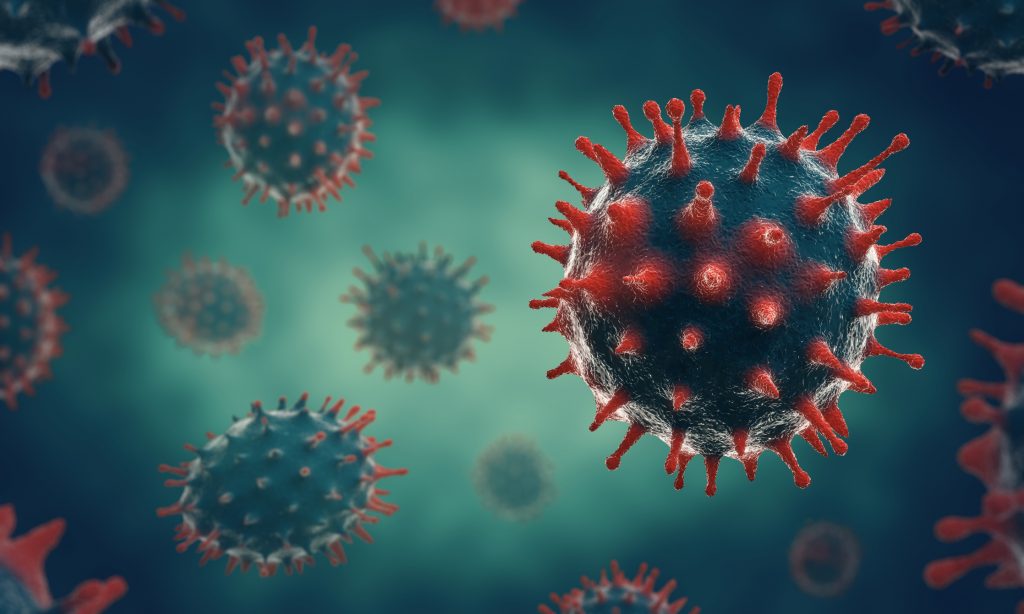Your Questions Answered: One-on-One with Steini
August 06/2020Last month, Dean Steini Brown and alum Andrea Barrack delved into the COVID-19 response, the inevitable strain on our health system, the disproportionate impact on marginalized groups, the issues around collecting race-based data in the DLSPH's Advancement Office's latest webinar. Not all questions could have been answered. Here’s are some of the...
U of T Prof Earns Tier 1 Canada Research Chair in Indigenous Health
 August 04/2020
August 04/2020
By Françoise Makanda, Communications Officer at DLSPH Prof. Janet Smylie sees a change in the conversation about systemic racism. The recently appointed Tier 1 Canada Research Chair in Health believes she is the first Indigenous person with kin and land ties to what is now known as Canada. She hopes...
Teaching About a Pandemic During a Pandemic
 July 23/2020
July 23/2020
By Heidi Singer When the COVID-19 crisis hit Canada, professors from almost every part of the Dalla Lana School of Public Health came together on a mega-COVID course In early April, as much of the world was deep in lockdown and universities scrambled to move online, DLSPH Prof. Blake Poland...
Female health-care workers at increased risk for stress, burnout and depression during COVID-19
 July 23/2020
July 23/2020
By: Nicole Bodnar Female health-care workers — who comprise eighty per cent of Canada’s health workforce — are at increased risk for stress, burnout and depression during the COVID-19 pandemic, according to a study led by IHPME researchers. “Our early findings suggest that the pandemic is resulting a number of...
Meet IHPME’s first Health Systems Artificial Intelligence emphasis student: Dr. Rashmi Nedadur
 July 22/2020
July 22/2020
By: Nicole Bodnar The Health Systems Artificial Intelligence (AI) emphasis — IHPME’s newest Health Services Research area of specialty — will welcome its first student this September. “My goal is to be a surgeon-scientist with expertise in AI and cardiovascular medicine,” said Dr. Rashmi Nedadur, a cardiac surgery resident at...
DLSPH welcomes Francisco Ibáñez-Carrasco as part-time Assistant Professor, Learning Innovation
 July 07/2020
July 07/2020
Francisco Ibáñez-Carrasco was appointed as a part-time Assistant Professor, Learning Innovation at the Dalla Lana School of Public Health on July 2, 2020. Francisco is nationally recognized for excellence in pedagogy and educational leadership, and for his ability to inspire and connect through innovative and inclusive teaching. His priority this...
Eleven DLSPH research teams receive CIHR funding for COVID-19 projects
 June 26/2020
June 26/2020
Eleven research teams led by DLSPH and IHPME faculty have received funding from the Canadian Institutes of Health Research (CIHR) to address the COVID-19 pandemic in Canada and globally. “Now more than ever, our community’s research expertise is critically needed to support Canada’s pandemic recovery,” said Professor France Gagnon, Associate...
DLSPH Researchers Part of $2.1 million Grant for COVID-19 Initiative
June 26/2020SUPPORT-Canada initiative will capture data and biospecimens in order to identify factors contributing to COVID-19 susceptibility, severity and outcomes in Canada Two DLSPH researchers are part of a $2.1 million CIHR grant to CanPath (the Canadian Partnership for Canada's Health) to learn more about COVID susceptibility. The initiative, titled SUrveying...
Should STI/HIV Testing be Offered Online?
 June 25/2020
June 25/2020
DLSPH Researchers Study Ways to Remove Barriers to Testing for Cis and Trans Gay, Bisexual, Queer, and Other Men Who Have Sex with Men A group of DLSPH academics and LGBTQ+ peer researchers are examining barriers to sexual health testing – and whether delivering testing online could improve the experience...
Attention to health disparities must guide efforts to monitor and mitigate the impact of COVID-19
 June 22/2020
June 22/2020
Policy responses to the COVID-19 pandemic must consider the complex interplay between socioeconomic status and health disparities, according to an analysis led by a team of U of T researchers published in the British Medical Journal. The paper, “Using socioeconomics to counter health disparities arising from the covid-19 pandemic,” argues...